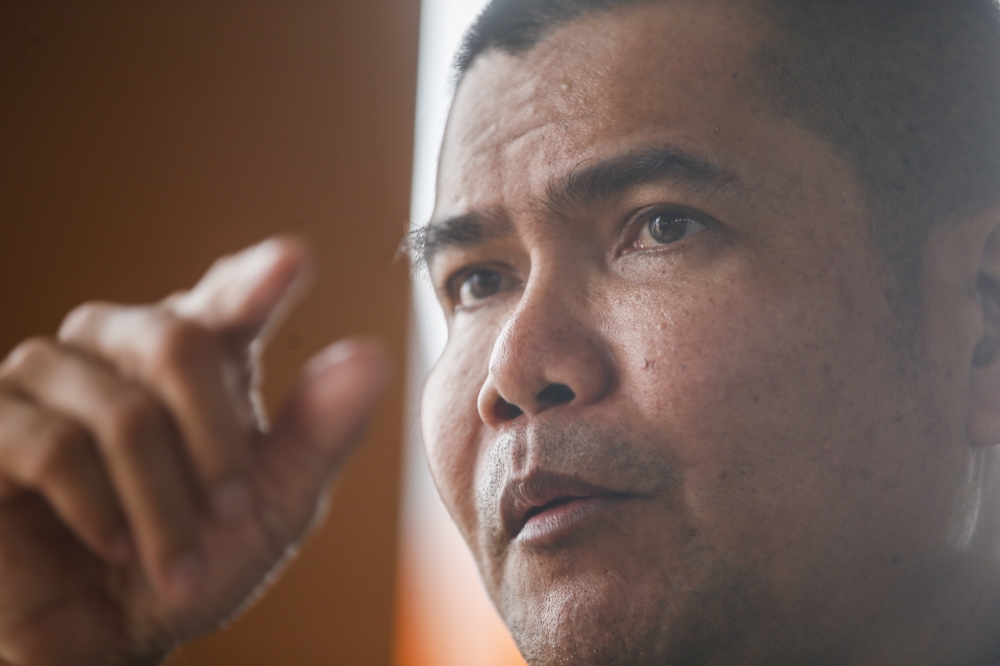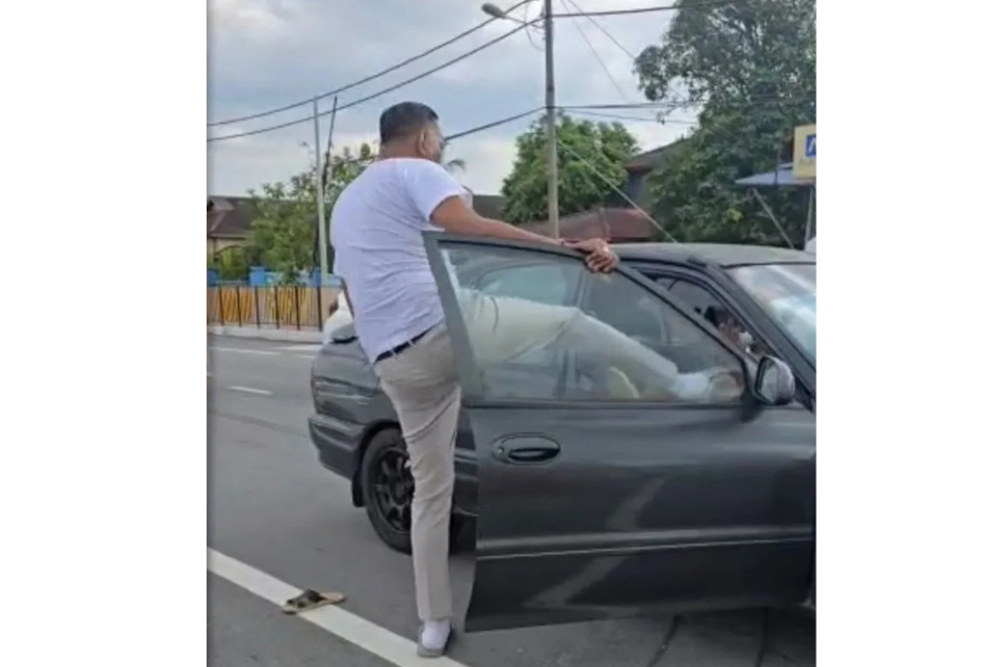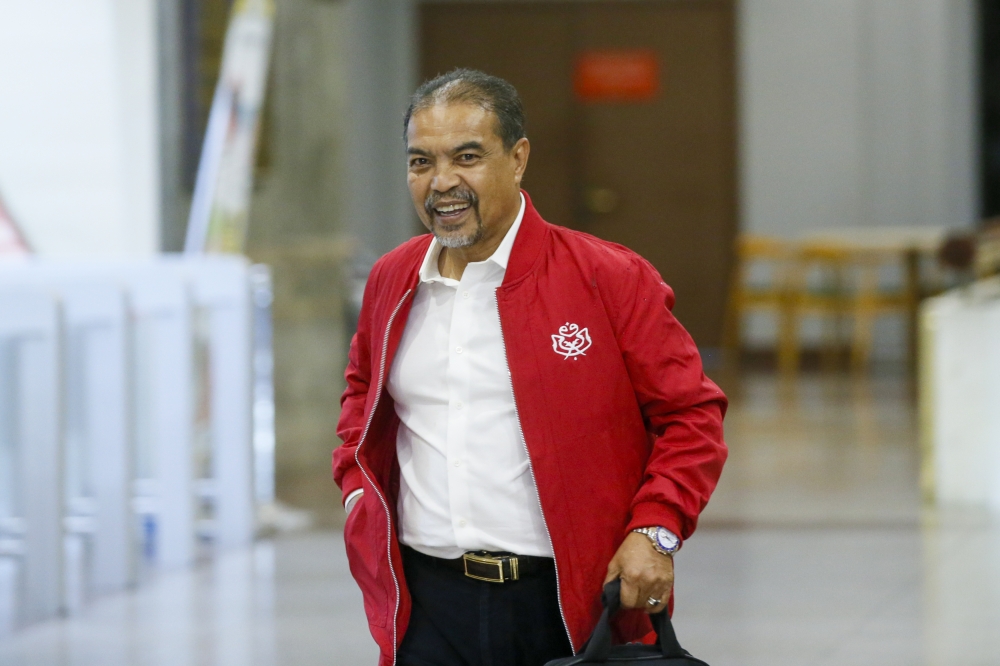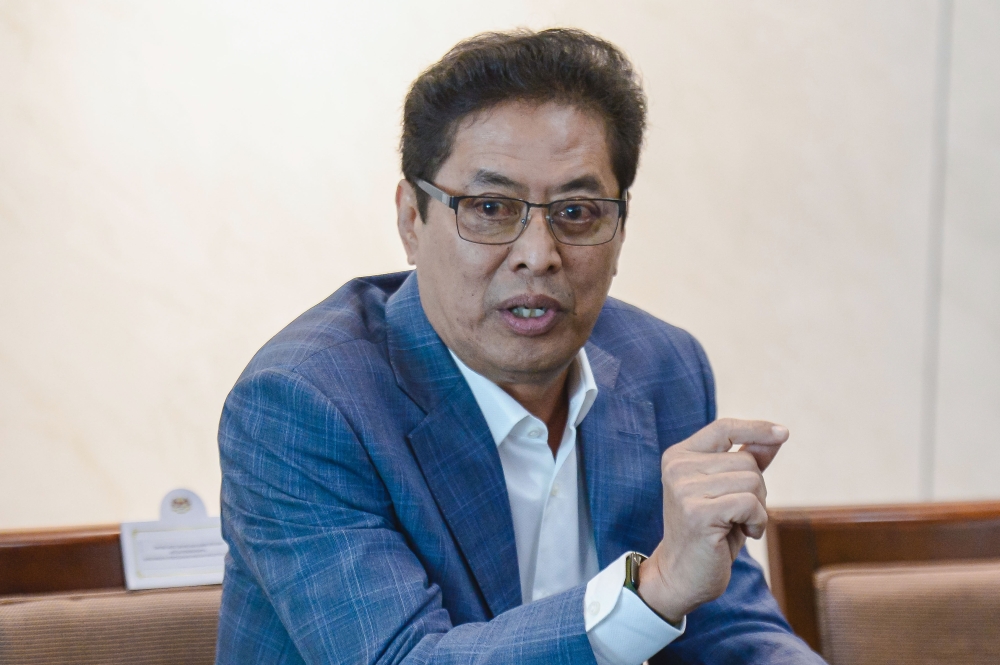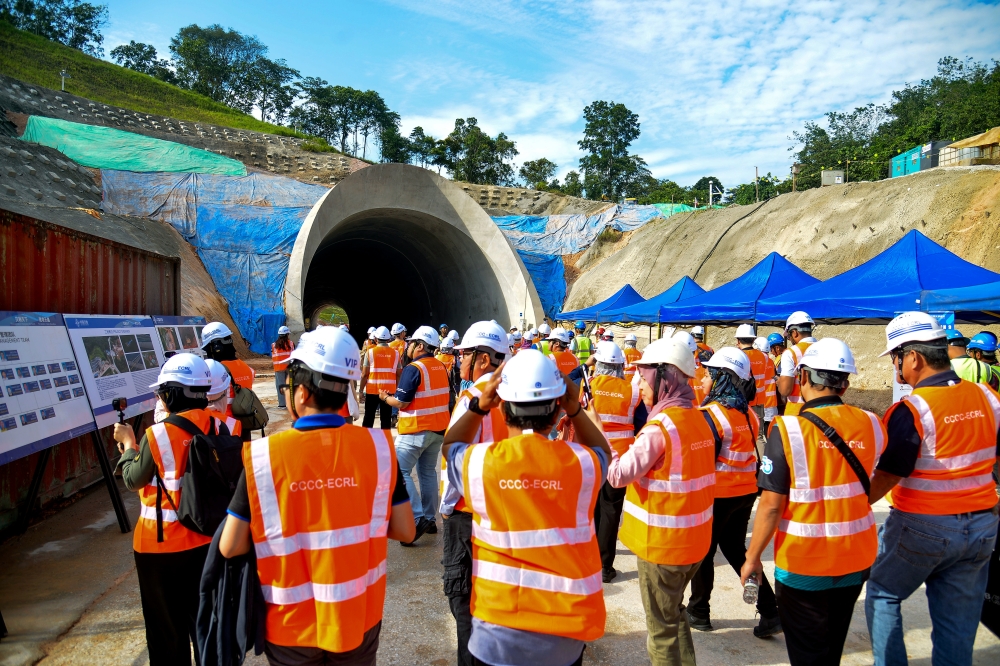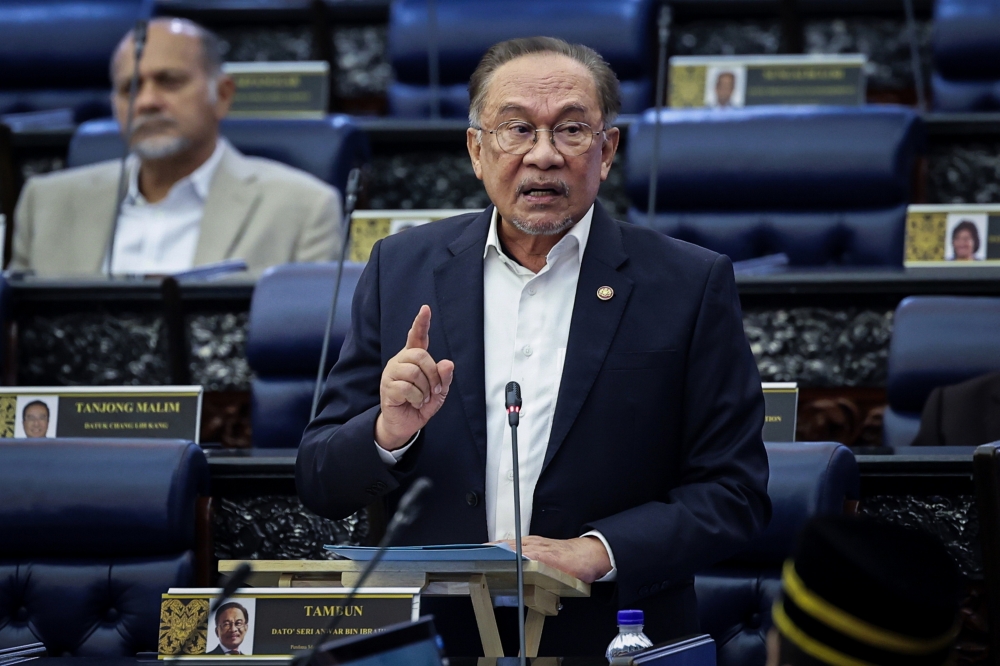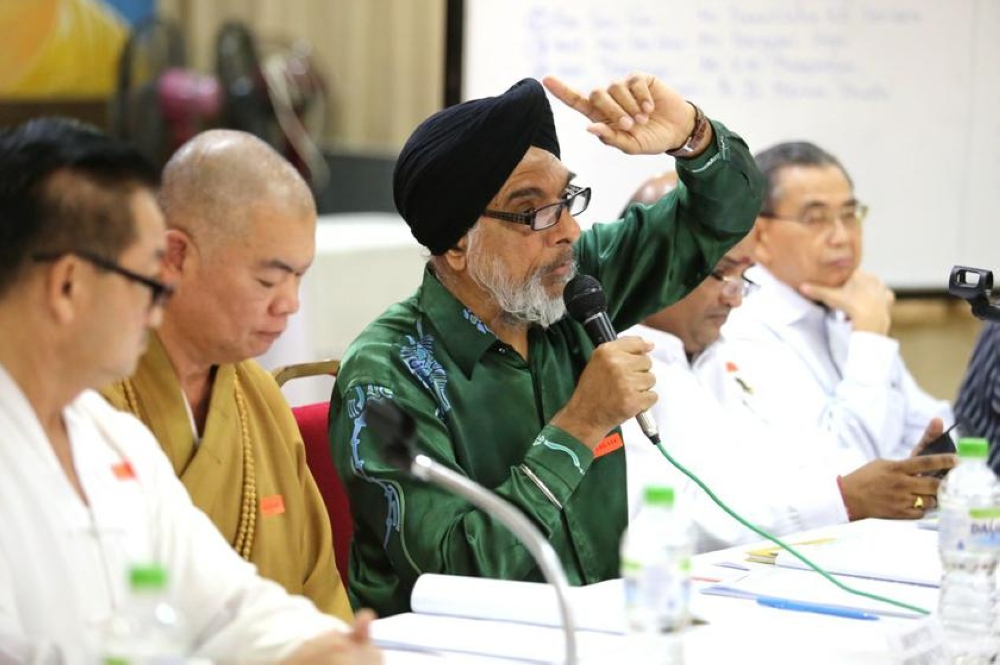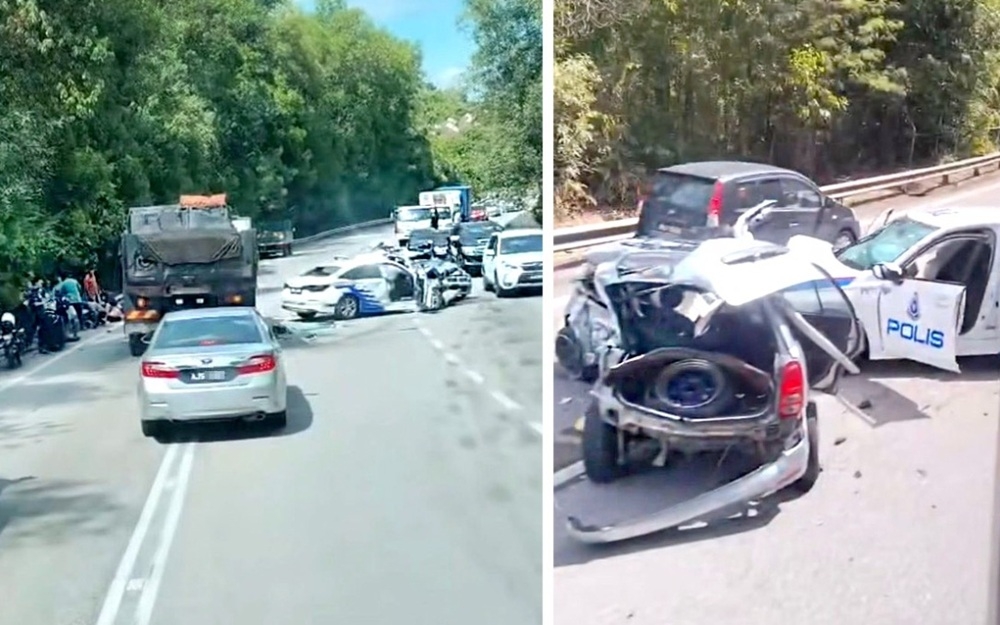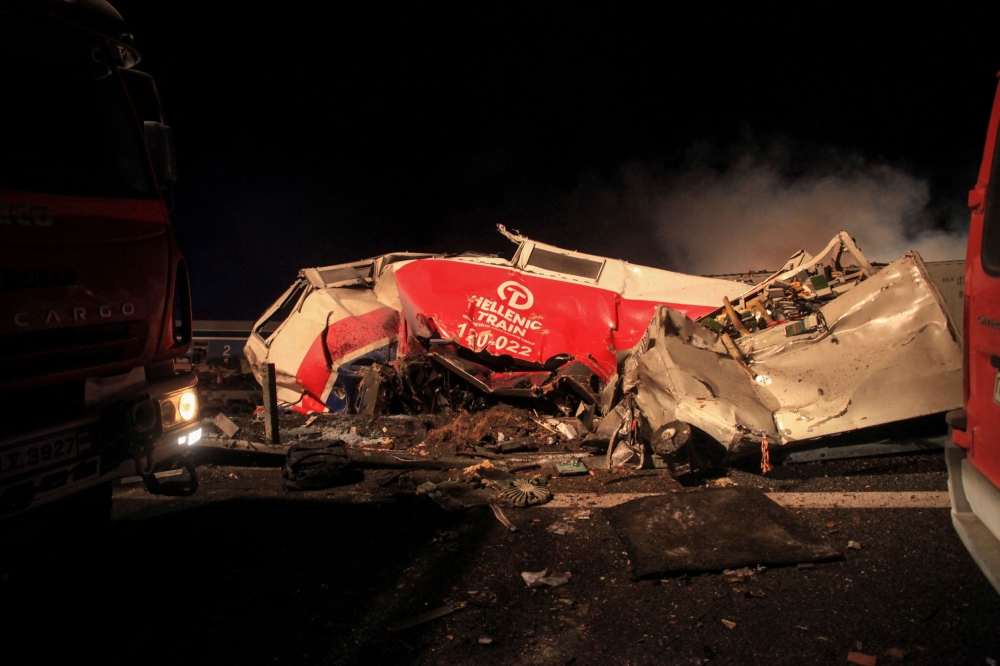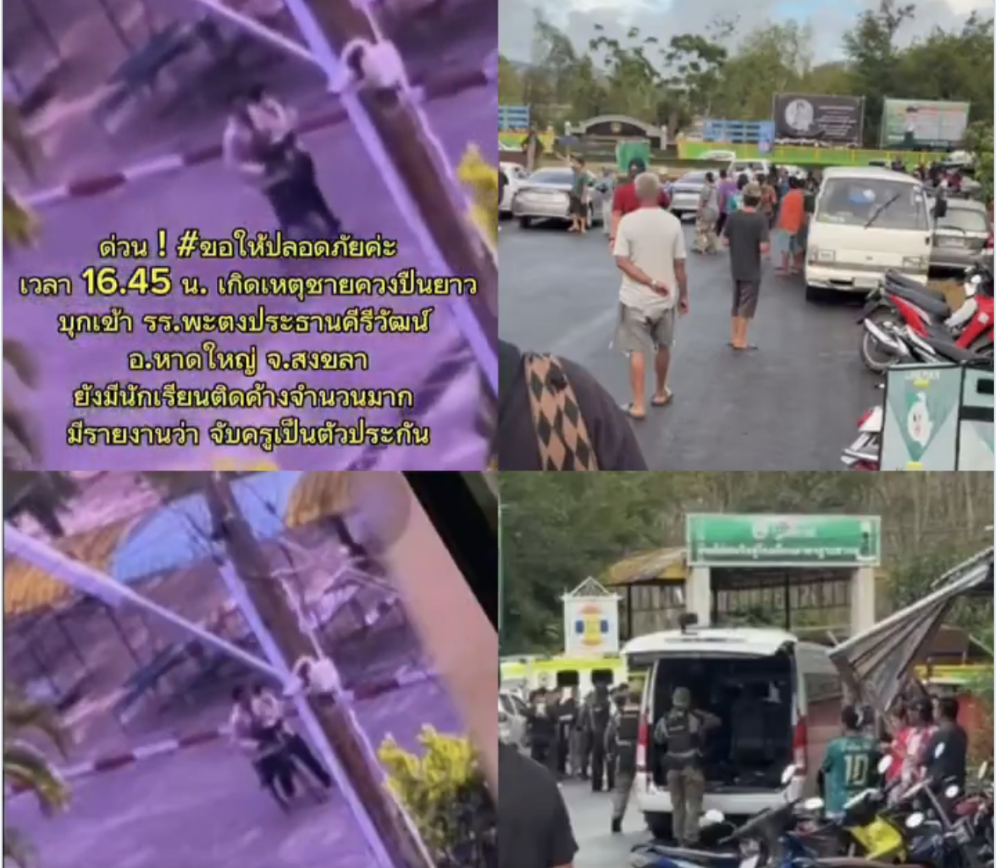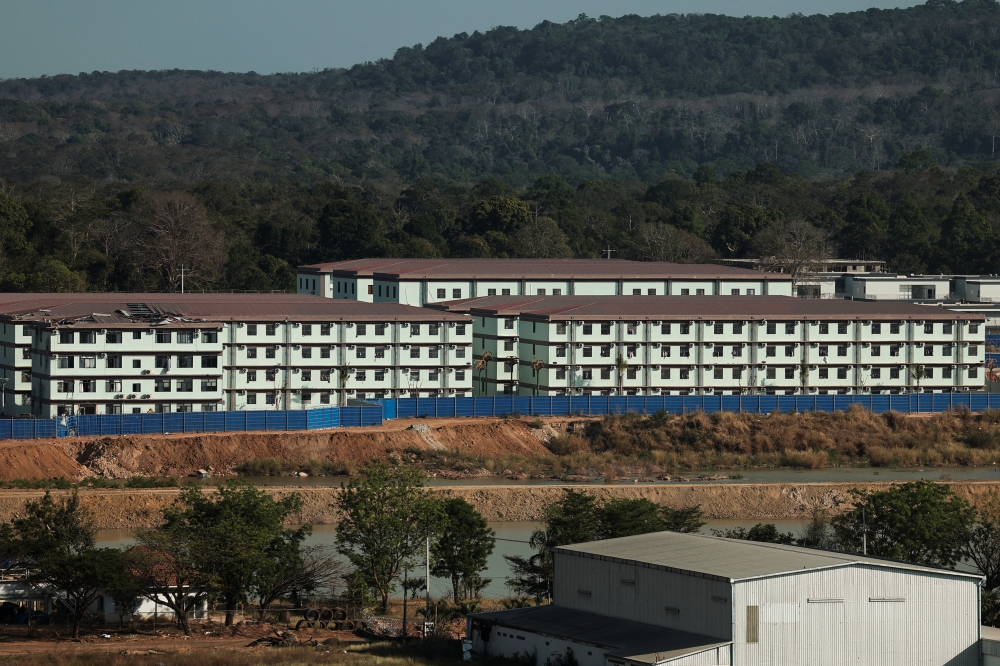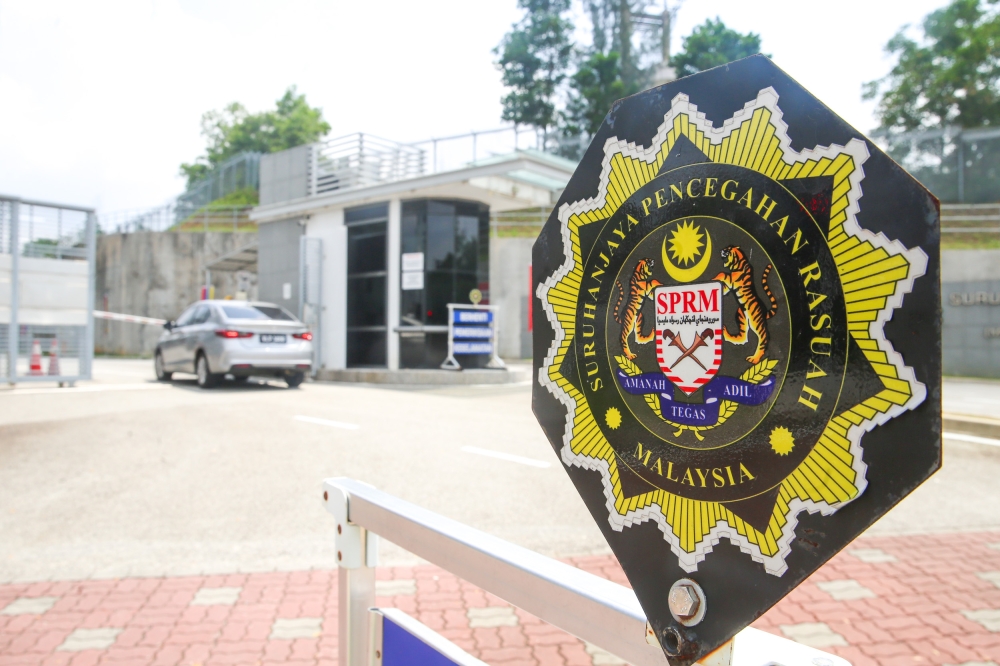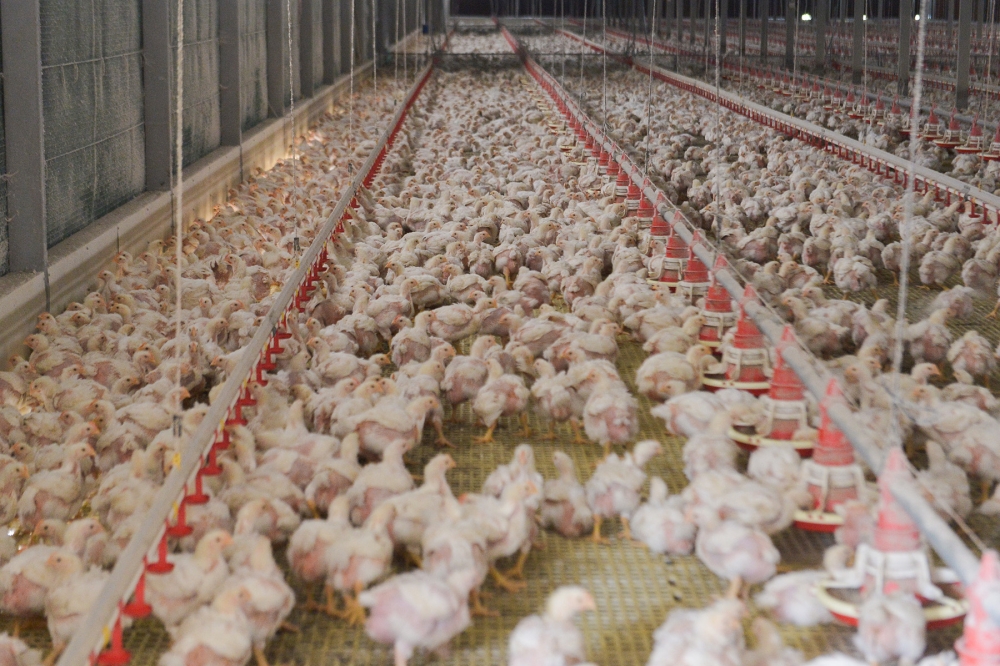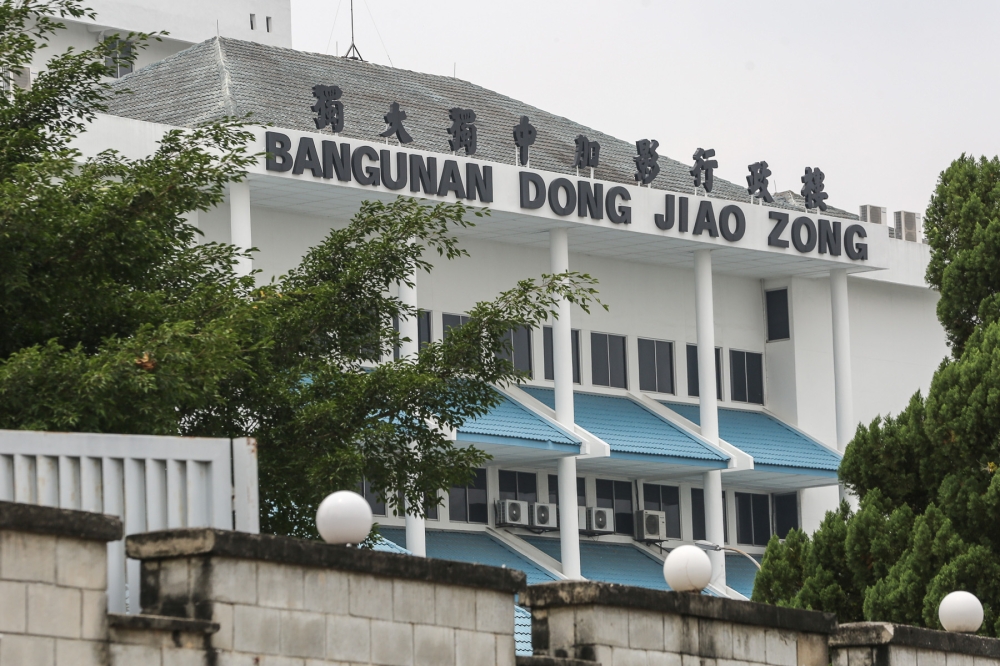ATHENS, April 21 — Greece’s worst rail disaster, which killed 57 people, was caused by a host of factors in a railway system plagued by chronic problems, according to a report by government experts released yesterday.
The February 28 head-on collision between a freight train and a passenger train killed mostly university students returning from a long holiday weekend and sparked outrage in the country.
“The accident was the consequence of several factors related to the level of operation, human resources and technological equipment, as well as the level of management,” said the report.
Calling the problems of Greek railways “chronic,” the report said an investigation highlighted “systemic problems and dysfunctions”.
“Τhere are not a few cases where there are delays in execution due to poor planning, and errors by the contracting authority during preparation of the design and tender documents,” it said.
The February crash occurred after two trains ran along the main line between Athens and Thessaloniki without any alarms being sounded.
The stationmaster on duty near the site of the crash admitted to being partially responsible and faces a host of charges, including endangering transport safety and negligent homicide. He is in pre-trial detention.
The report said the man should not have been in his post in the first place — his request to be transferred to the position should have been rejected, as he lacked the required qualifications, was older than 48, and did not have sufficient training.
Three other rail workers have also been charged over the crash.
The report also said that if the signalling and control system were operating properly, it could have prevented the collision.
“The problems of the Greek railways are chronic and are largely related to the gradual preference of citizens for alternative modes of transport due to the development of road axes and other forms of transport such as aviation,” the report said.
Greece’s rail watchdog said after the collision that it had found serious safety problems across the network, including inadequate basic training for critical staff.
The report, compiled by a committee of experts appointed by the government, was delivered earlier this week to Minister of State George Gerapetritis and was handed over to the prosecutor’s office on Wednesday.
The head of the engine drivers’ union, Costas Genidounias, said in a social media post that the union was not invited to talk to the committee. — AFP

